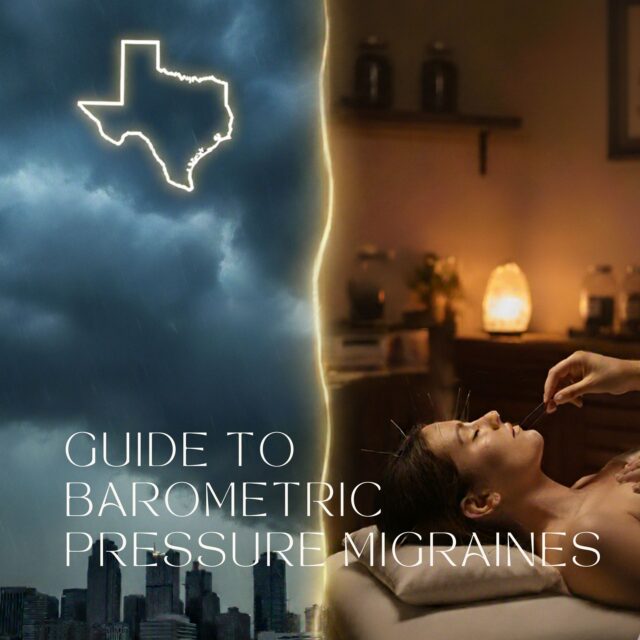I'd like to show you how you can use acupressure—a powerful technique from Traditional Oriental Medicine—to find relief from your...
Read MoreHow to Deal with Tinnitus (Ringing in Ears) 5 TIPS
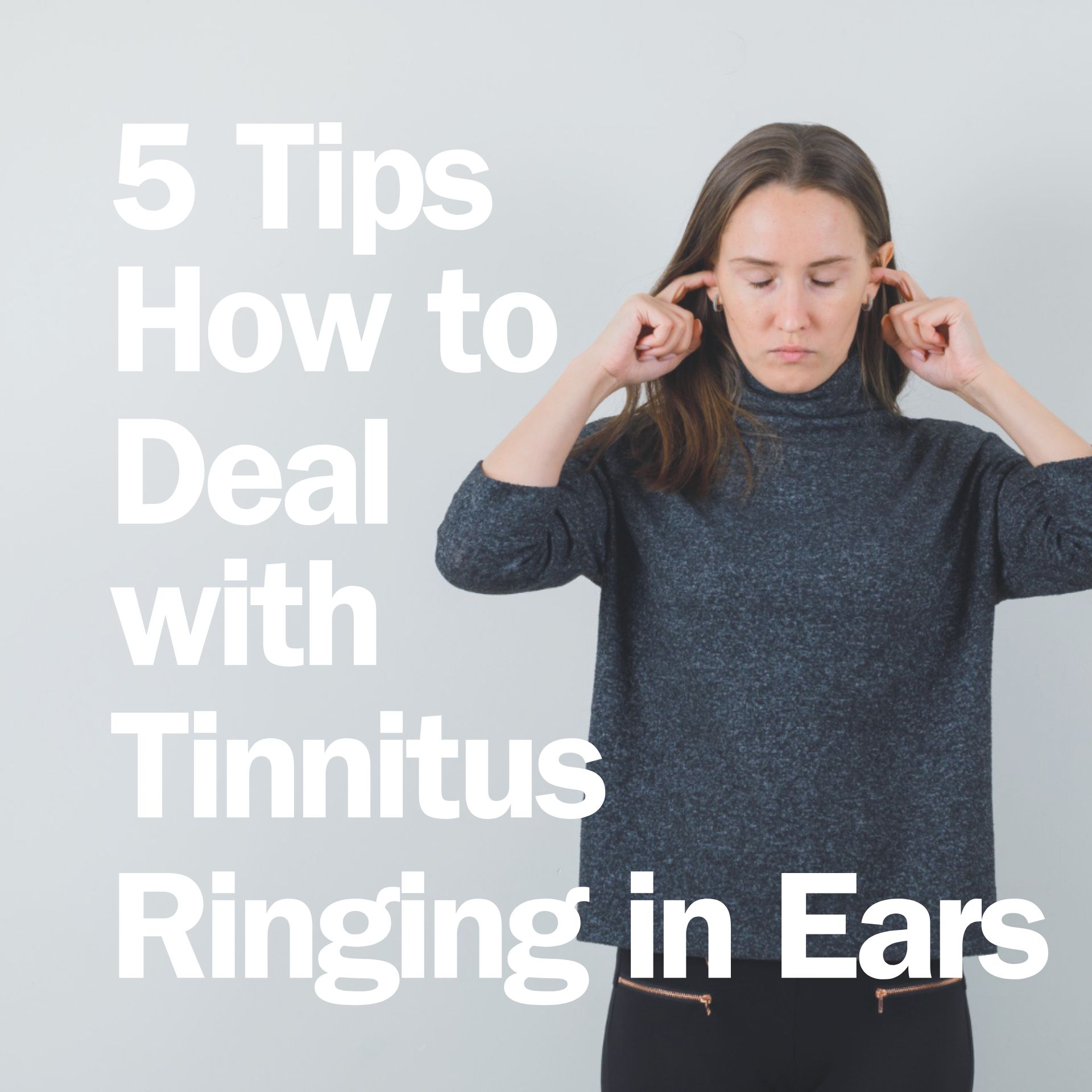
January 13, 2026
How to Deal with Tinnitus (Ringing in Ears)
Hi, it’s Satoru from hariQ acupuncture & herbs. In this blog post, I would like to share with you what you can do 5 TIPS how to manage with one of the most annoying conditions: tinnitus or ringing in ears by yourself. Tinnitus is ringing in ears from non reason. One of the most annoying disorders many people suffers approximately 50 million people in the United States have experienced some degrees of tinnitus. I would like to share 5 tips that you can do at home to reduce or even eliminate tinnitus by yourself.
We understand this can be a lot of information and overwhelming: if you are looking for more support and answers, set up a free consultation with our Licensed Acupuncturist, Satoru Ozawa. Share your story, get your questions answered, and learn how you can set yourself up for tremendous success in achieving a healthy life.
What is Tinnitus?
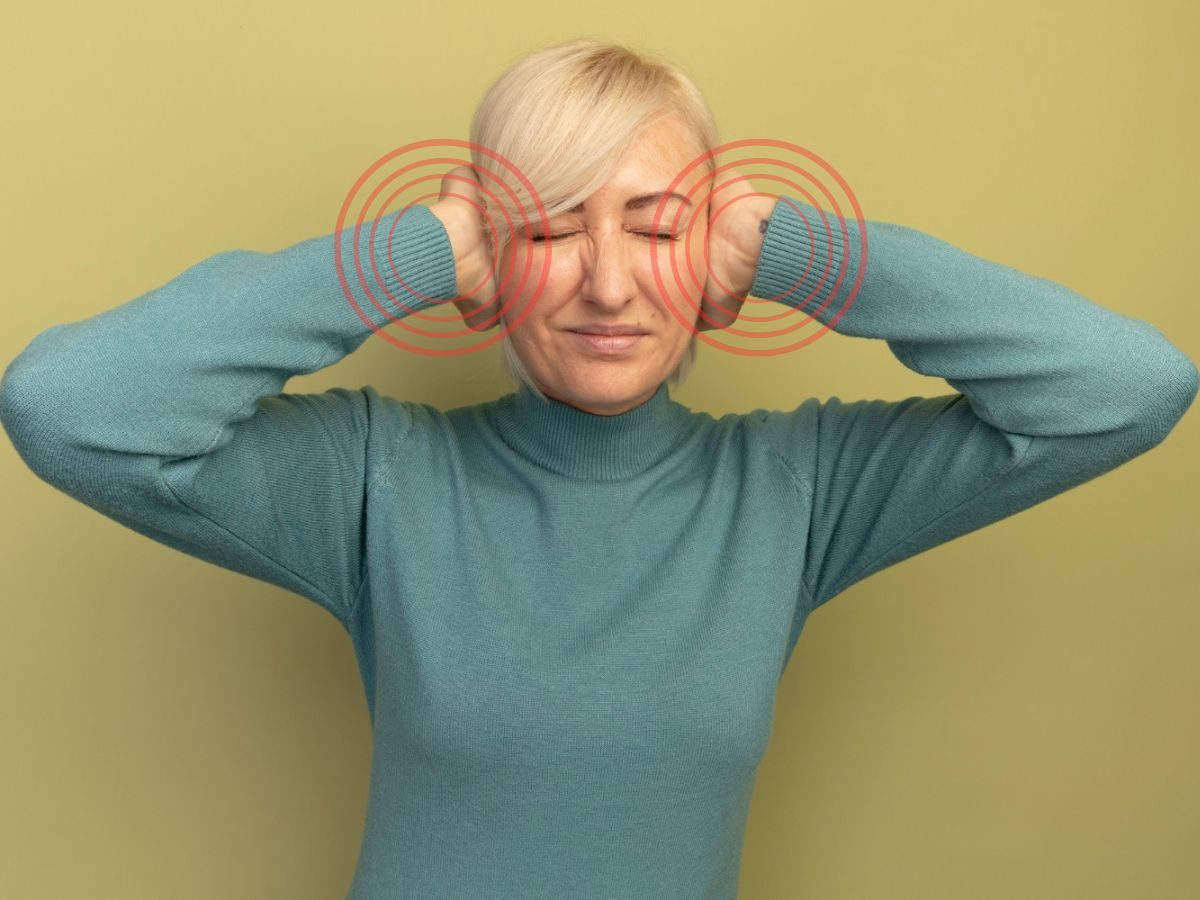
Tinnitus is the perception of noise or ringing in the ears, which can occur without any external sound source. It is not a condition itself but a symptom of an underlying problem, often linked to hearing loss, exposure to loud noises, ear infections, or other health issues. Tinnitus can manifest as a variety of sounds, including ringing, buzzing, hissing, or clicking, and it can vary in intensity and duration. While it is often bothersome and can affect concentration, sleep, and overall quality of life, it is important to consult a healthcare professional for proper diagnosis and management.
What causes tinnitus?
Tinnitus can be caused by a variety of factors, including:
1. Hearing Loss
Age-related hearing loss or exposure to loud noises can damage the hair cells in the inner ear, leading to tinnitus.
2. Ear Infections or Blockages
Conditions like ear infections, wax buildup, or eustachian tube dysfunction can affect hearing and contribute to tinnitus.
3. Noise Exposure
Prolonged exposure to loud sounds from machinery, concerts, or other sources can lead to temporary or permanent tinnitus.
4. Health Conditions
Certain health ailments, such as high blood pressure, vascular disorders, or autoimmune diseases, may be linked to tinnitus.
5. Medications
Some medications, especially ototoxic drugs, can cause or exacerbate tinnitus as a side effect.
6. Jaw Joint Disorders
Problems with the temporomandibular joint (TMJ) can lead to tinnitus symptoms.
7. Emotional Stress
Anxiety and stress can worsen the perception of tinnitus, making it feel more intrusive.
5 Tips for Tinnitus
Here are 5 tips you can try on your own to help manage and reduce your tinnitus, which is that ringing in your ears. Try these and see what works for you!
1. Massage 10 Acupressure Points
Ancient Oriental doctors discovered several effective acupressure points over a thousand years ago that can help alleviate various symptoms. We can still apply this incredible wisdom today. I will share 10 acupressure points that may help relieve and reduce the ringing in your ears, allowing you to enjoy a better quality of life. I hope these tips provide you with some relief if you are dealing with tinnitus. For more info, https://hariqacupuncture.com/how-to-reduce-ringing-in-ear-tinnitus-by-10-acupressure/
2. White and pink noise

White Noise and Pink Noise are both types of sound used to mask unwanted noise or to create a soothing auditory environment, but they have different characteristics.
White Noise consists of a consistent sound that covers a wide range of frequencies at equal intensity. It sounds like a constant hiss, similar to the static from a radio or television tuned to an unused frequency. Because it contains all audible frequencies, white noise can help mask other sounds, making it easier to concentrate or sleep.
Pink Noise, on the other hand, is similar to white noise but with a different frequency distribution. It contains a balanced mix of frequencies, with lower frequencies being more prominent. This means that pink noise sounds deeper and more natural than white noise. You might describe it as a soft rain or wind blowing through trees. Many people find pink noise to be more relaxing and less harsh compared to white noise.
Both types of noise can be helpful for managing conditions like tinnitus, as they can mask the ringing or buzzing sounds experienced in the ears. You can easily find it on your smartphone and download it. Listening to these sounds for about 8 hours a day may help to cover up the ringing and allow your brain to relax, which can reduce the perception of those sounds.
3. Avoid alcohol, caffeine, and diary products
Alcohol

Alcohol is a stimulant that can make your body more excited, which may disrupt your nervous system and increase ringing in your ears.
Caffeine

Caffeine is also a stimulant that can wake you up, but too much caffeine can cause excessive excitement in your body, leading to more ringing in your ears.
Diary Products

Milk, cheese, and sometimes yogurt are considered dairy products, and as an acupuncturist, I recommend refraining from them, especially if you have tinnitus. In Traditional Chinese Medicine (TCM), everything you consume contributes to the creation of essential elements like nutrients, blood, and energy. However, certain foods can also produce negative effects in your body, and in this case, dairy is one of those foods.
Milk contains beneficial nutrients such as calcium and vitamin D, which can strengthen bones and help prevent osteoporosis or osteopenia. It is often said that milk helps children grow. However, some individuals have a dairy allergy, which can lead to the production of phlegm and mucus in the ears and nose, resulting in inflammation and infection, as noted by Dr. Andrew Wiles in “Eating Well for Optimum Health” (2001).
In Traditional Chinese Medicine, dairy products are known to generate phlegm in the sensory pathways. Phlegm is a mucus-like substance that forms in the stomach and can be stored in the lungs, nose, ears, and mouth. In TCM, there is a condition referred to as “phlegm or dampness obstructing the sensory pathways.” This diagnosis is associated with symptoms such as tinnitus, a feeling of fullness in the ears, muffled hearing, dizziness, vertigo, nausea, a heavy feeling in the head, vomiting, fatigue, and poor appetite.
To remove dampness in the ears, you first need to stop adding to the dampness or phlegm. This is why you should avoid drinking milk, especially cow’s milk.
4. Abdominal Breathing Technique

As I mentioned, the cause of tinnitus is sometimes unknown. Medical exams may not reveal the reasons for the ringing in your ears. At this point, it’s likely that the ringing is originating from your nervous system, particularly the autonomic nervous system, which is also known as the fight or flight response. This system plays a crucial role in managing various bodily functions, such as gut health, heartbeats, and blood circulation, all of which operate automatically without conscious control—except for breathing. Breathing is the only function within the autonomic nervous system that you can consciously control.
First, sit up straight or lie down on the floor and place your hands on your lower abdomen, specifically at the acupuncture point known as Dan Tian, which is considered the root of energy.
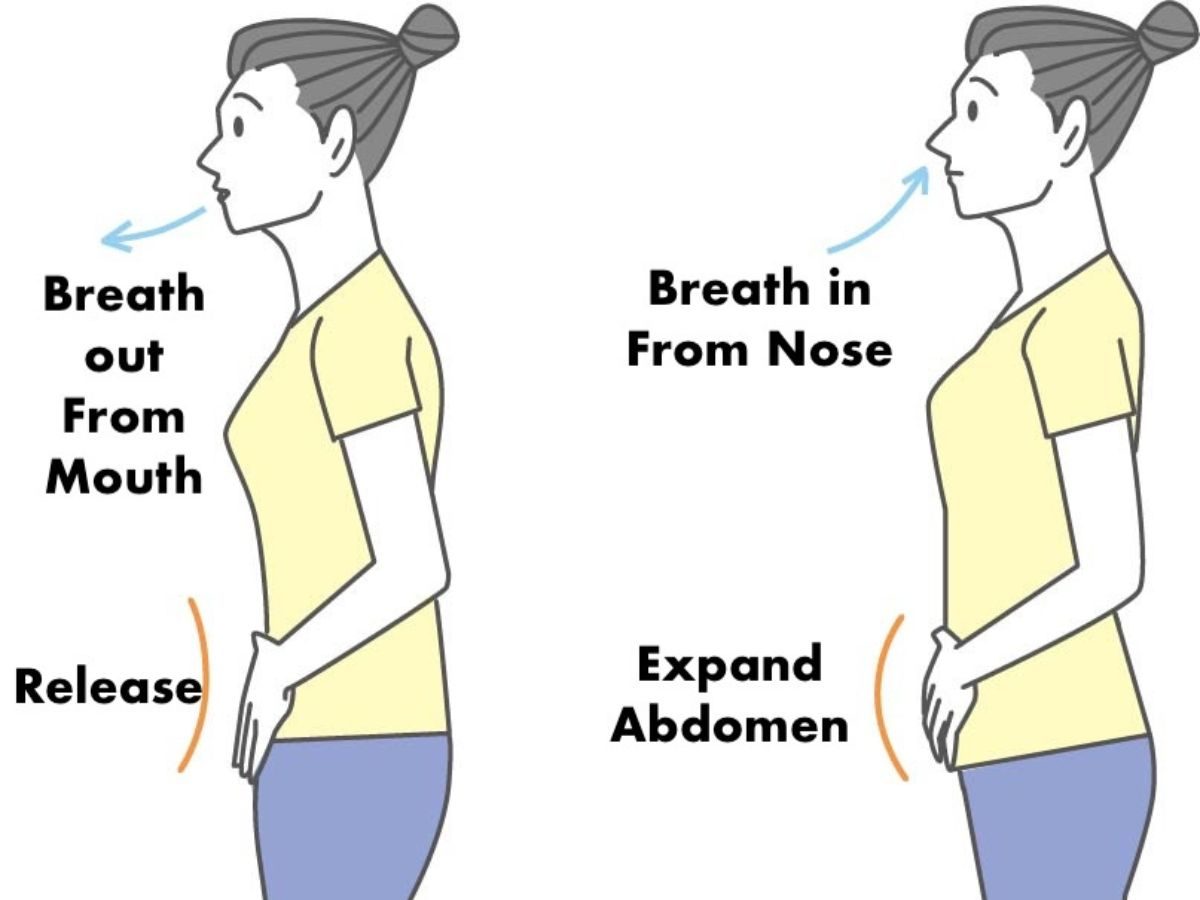
Next, breathe in slowly through your nose for about 6 seconds, ensuring that your abdomen expands as you inhale. Afterward, hold your breath for another 6 seconds. Then, exhale slowly through your mouth while letting your abdomen return to its original position, or even contract slightly.
Repeat this cycle at least 5 times. Once you get used to it, you can increase the repetitions to 10-15 times. If you feel dizzy at any point, it’s perfectly fine to stop.
5. Applying Heat
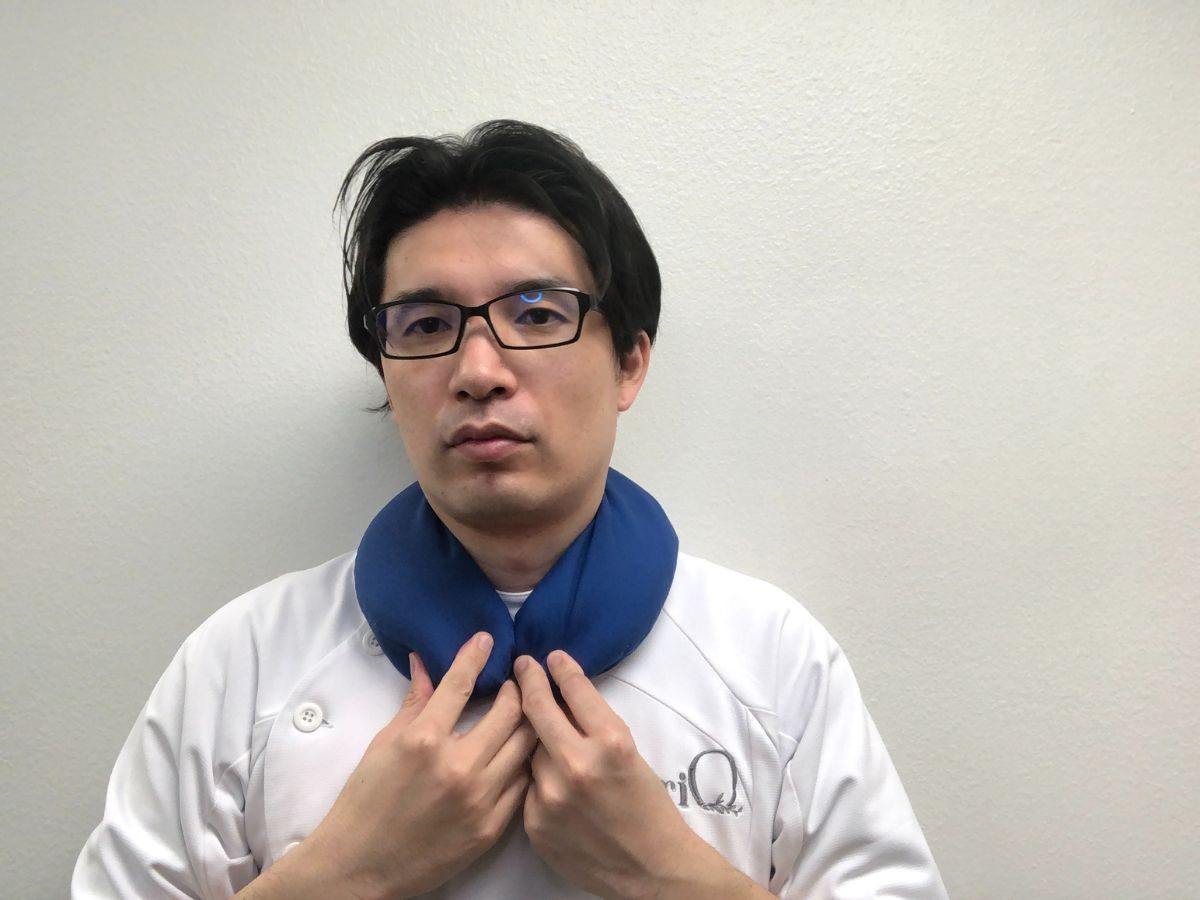
Applying heat around the ears and neck helps to increase blood circulation in the area and promotes emotional calmness. The heat pack I use contains 12 different herbs, including lavender, chamomile, and peppermint, which provide a soothing aroma that aids in emotional relaxation. I recommend using the heat pack every day for the best results.
Important Note
By consistently following these 5 tips, you can reduce the intensity of tinnitus. And, managing tinnitus often involves a combination of addressing the underlying causes, lifestyle changes, and alternative therapies like acupressure.
Pursuing Your Health is Our Passion
Call or Text 972-777-0836
We'll be happy to answer your questions.
Is Acupuncture Effective for Tinnitus?
Yes. Acupuncture is very effective for tinnitus. We examined your intensity of ringing in the ears, associated symptoms, and neck muscle tightness during the initial acupuncture session. The treatments focused on releasing the tension around the ears and reducing the volume of ringing in the ears. Acupuncture has been shown in many studies to be incredibly practical in reducing the ringing in the ears due to its ability to balance the autonomic nervous system and release muscle tension as well.
When Should I start Acupuncture?
As a general rule of thumb, the sooner one receives treatment, the better the prognosis. Some patients come for tinnitus treatment months or even years after the initial onset, and these chronic cases are often more complex and take a much longer time to achieve results. Even then, recovery is not guaranteed.
How Often Should I Schedule Acupuncture Sessions?
Regarding the frequency of treatments, Acupuncture follows a simple rule. Acute and relatively new conditions are most effectively treated with more frequent visits, whereas chronic and old conditions can benefit from more widespread treatments. In other words, if you just had an onset of tinnitus, you will probably be prescribed 2-3 treatments per week in order to get the most effective results, and chronic cases will generally come in only once a week.
If you or a loved one was diagnosed with tinnitus and want to learn more about acupuncture and whether it’s appropriate for your case, send us a message through our contact page. Thank you for taking the time to read this blog post! I appreciate your interest and hope to see you again for future posts.
We understand this can be a lot of information and overwhelming: if you are looking for more support and answers, set up a free consultation with Licensed Acupuncturist, Satoru Ozawa. Share your story, get your questions answered, and learn how you can set yourself up for tremendous success in achieving a healthy life.
RECENT ARTICLES
These blogs are about natural remedies, acupuncture, Chinese medicine, Chinese herbs, and health tips.
When a Storm is Brewing: A Plano Resident’s Guide to Barometric Pressure Migraines
Living in Plano, you know the weather changes. Sudden storms and fronts cause barometric pressure migraines. Get help for the...
Read More
Satoru Ozawa, L.Ac, ATC
hariQ acupuncture & herbs
Licensed acupuncturist, Certified Athletic Trainer and Chinese herbal specialist. With his 10 years of experience in Oriental Medicine, he will recommend the best natural Remedies, including Acupuncture, Chinese herbs, and health tips to relieve your suffering.


